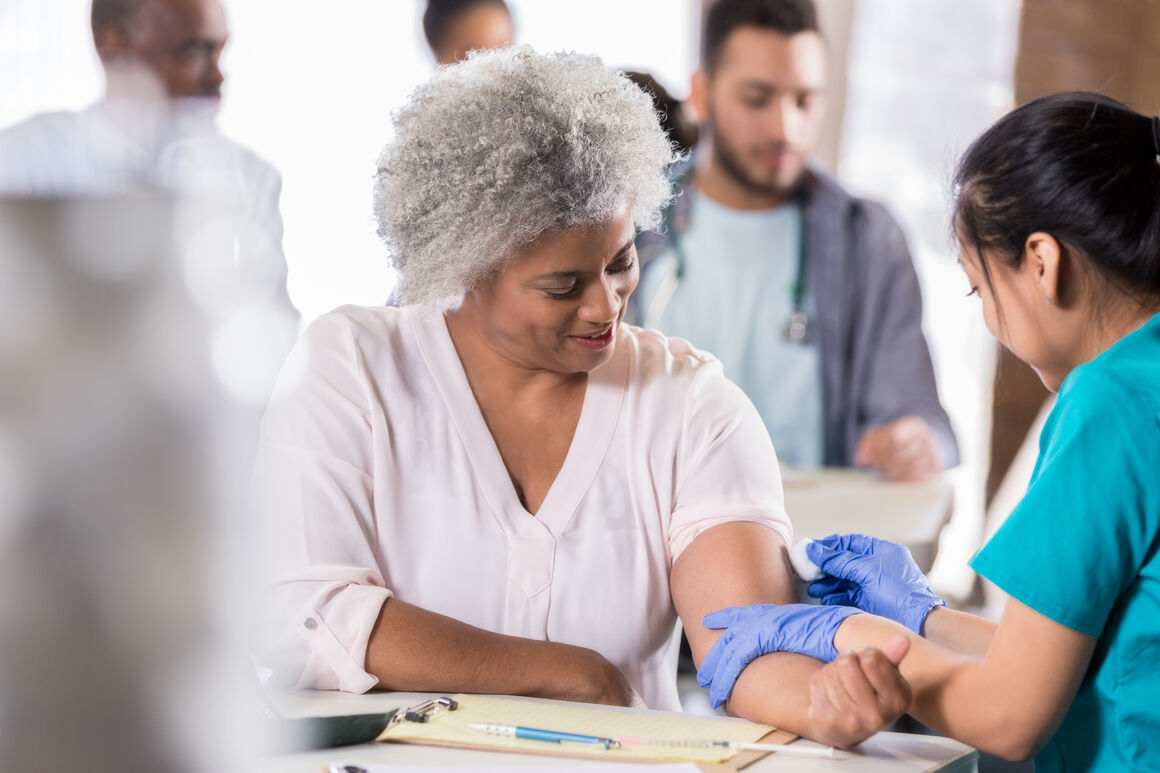Vaccine effectiveness

A vaccine's ability to prevent a specific disease determines its effectiveness. Authorised vaccines are effective at preventing disease and protecting the population when administered correctly.
As with any medicine, no vaccine is 100% effective in every person vaccinated. Effectiveness in an individual depends on a number of factors. These include:
- their age;
- other diseases or conditions they may have;
- time since vaccination;
- previous contact with the disease;
- how the vaccine is given;
- the vaccine.
For example, the vaccine against measles, mumps and rubella (MMR) is highly effective at preventing disease. It typically provides lifelong protection and has an effectiveness of around 97-99% among healthy children who receive two doses.
In some circumstances, a person can still get a disease even after receiving the recommended doses of a vaccine against it. This is due to the person not developing sufficient protection against the disease or due to immunity decreasing over time. In these cases, however, the person's symptoms are often milder than they would have been without vaccination. They are also less likely to infect others.
Benefits of vaccination
How do vaccines protect us and stop the spread of disease? Find out their benefits for individuals and the community.
Approval of vaccines in the EU
Find out how authorities in Europe test to make sure vaccines are safe and effective before they are approved for use.
Reporting side effects
Find out how vaccine safety and any potential side effects are continuously monitored to protect patients across Europe.
How vaccines work
Vaccines teach our immune systems how to fight off disease. Learn how they work to protect us from getting sick.
